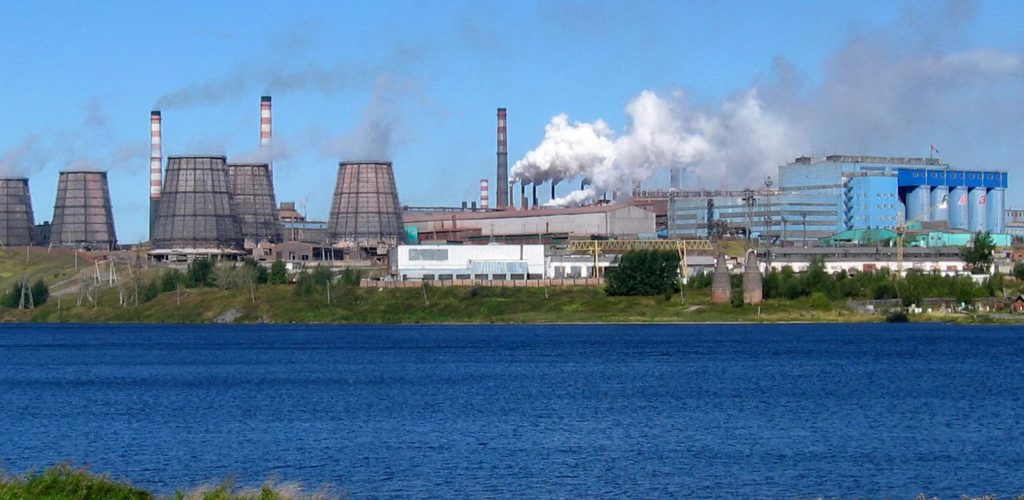Brussels, 28 November – Friends of the Earth Europe and the European Environmental Bureau (EEB) have welcomed new forward-looking targets for waste prevention agreed by the European Parliament’s Environment Committee today. The environmental NGOs also commended the committee for rejecting a controversial proposal to rebrand and effectively promote waste incineration, but expressed concern that additional measures to boost recycling were not adopted.
Dr Michael Warhurst, Waste & Resources Campaigner for Friends of the Earth Europe, said:
“MEPs have supported a forward-looking waste prevention policy, to halt the growth in waste production by 2012, but it is disappointing that progressive recycling targets were not adopted. However, there is cross-party support for recycling in the European Parliament, so we will continue to press for more recycling measures to be introduced into this legislation.”
Friends of the Earth Europe and the EEB are calling for a target of 70 percent recycling by 2020, and a commitment that landfill and incineration of reusable, recyclable and compostable material should be banned after 2025.
Recent studies confirm that recycling not only saves precious resources such as metals, forests and oil – it also reduces climate emissions, as recycling is more energy efficient than manufacturing from virgin materials. One recent study [1] concludes that “UK recycling currently saves between 10-15 million tonnes of carbon dioxide equivalent greenhouse gases per year compared to other waste management options”.
A controversial Commission proposal to reclassify incineration from “disposal” to “recovery” based on an energy efficiency threshold was clearly rejected by the Environment Committee. Friends of the Earth Europe and the European Environmental Bureau had warned against the rebranding prior to the vote, arguing that it would effectively promote incineration at the expense of recycling, re-use and waste prevention.[2]
Melissa Shinn, Waste policy officer at European Environment Bureau, said:
“MEPs have recognised that the principal function of incinerators is disposal, even if they must recover as much energy as possible whilst doing so. When the full plenary of the European Parliament votes on this legislation, we urge all MEPs to support the Committee’s rejection of incineration rebranding.”
The environmental NGOs warn that reclassification of incinerators as ‘recovery’ would promote export of waste from countries with strict, costly facilities like Germany to those with cheaper ones, such as France, Poland and the Czech Republic, causing increased carbon dioxide emissions transporting waste around the EU.
***
Notes
[1] “Environmental benefits of recycling: An international review of life cycle comparisons for key materials in the UK recycling Sector”, Waste & Resources Action Programme, 2006.





